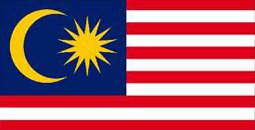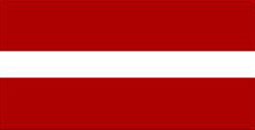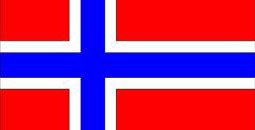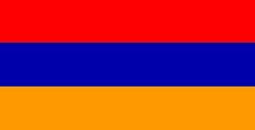Student Visa Requirements
Many Indian students, along with other international students, make plans to go to American universities for college-level overseas education, as some colleges of the U.S.A. are ranked among the top universities in the world.
But coming to colleges in the U.S.A. involves more than being accepted academically as a student; it also involves dealing with the legal and governmental aspects of traveling to the U.S.A.
(Though, if you need more information about that “being accepted academically” part, be sure to check out the rest of Petersons.com. For essay assistance, be sure to head to EssayEdge and determine if the expert essay editing services available there are just what you need.) As an Indian student intending to study in the U.S.A., you will need to acquire a U.S.A. student visa from a U.S. Embassy near you. The U.S. Embassies in India are located in New Delhi, Hyderabad, Kolkata, Chennai, and Mumbai.
The process for obtaining a U.S.A. student visa from one of these embassies might seem long and complicated, but the more you are prepared and the faster you put together your documentation, the quicker you will be able to start your adventure at a U.S.A. university.
Types of visas
The type of visa granted to you will depend on the purpose of your visit to the U.S. For academic purposes, students will need to obtain an F-class U.S.A. student visa. These visas cover students planning to pursue full-time degree programs at either the undergraduate or graduate level.
What to do before the visa interview for study in the U.S.A.
Make sure that you complete Form DS-160 before the interview for your U.S. student visa. After completing Form DS-160, print out the confirmation page with the barcode on a laser printer. Then, go to an approved HDFC bank in order to pay the visa application fee. Save the receipt from the payment. You should also make sure that you have the I-120 form, which is a form issued by colleges in the U.S.A. for affirming enrollment, and you should make sure to pay the I-901 fee online through the U.S. Immigration and Customs enforcement website. Save the receipt. Finally, make an appointment for a U.S.A. student visa interview through the VFS website. This will require you to have your DS-160 barcode number and your HDFC fee receipt.
What to bring to the U.S. student visa interview
When interviewing for your U.S.A. student visa, make sure not to arrive earlier than 15 minutes before your appointed time, and bring the following documents with you:
• Valid passport and previously issued passports
• Recent passport size photograph with a white background (50mm x 50mm)
• DS-160 confirmation page with barcode
• HDFC visa application fee receipts • VFS appointment letter
• SEVIS receipt and I-120
While the above list from the Consulate General of the United States Mumbai, India website is up-to-date, always check to see if changes were made to the required list by visiting the website of the U.S. Embassy near you.
What happens if your U.S.A. student visa is postponed or not approved?
Postponement of your U.S. student visa just means you have to wait longer for an answer from the consulate about your case. There still may be a chance that your visa will be refused, but there is also a fair likelihood that you will be approved. Waiting for further response or action, or contacting the consulate, should be your next step.
Even if your visa application is refused, its not the end of the world. While you cannot appeal your case, you can reapply, pay the visa processing fees again, and schedule another appointment. You will be given information from the U.S. Embassy on what to do.
Getting to colleges in the U.S.A.
Once you have arrived in the U.S. at your point of entry, your passport, U.S. student visa, and I-94 will be verified by an immigration official to see if and how long you can be admitted. The process is detailed in an easy to understand format on the U.S. Department of Homeland Security website regarding admission to the U.S.
In general, make sure you have all documentation, including the information for your visa, and photocopies of your passport, just in case. Not having the proper documentation is one of the most common ways for the U.S. Department of Homeland Security to conclude that you should be sent back to your home country.
Important sites for more info on U.S.A. student visas
U.S. Department of State- Information on Student Visas
U.S. Immigration and Customs Enforcement – Overview
ICE FAQs
Need assistance with visa? Speak with us



































